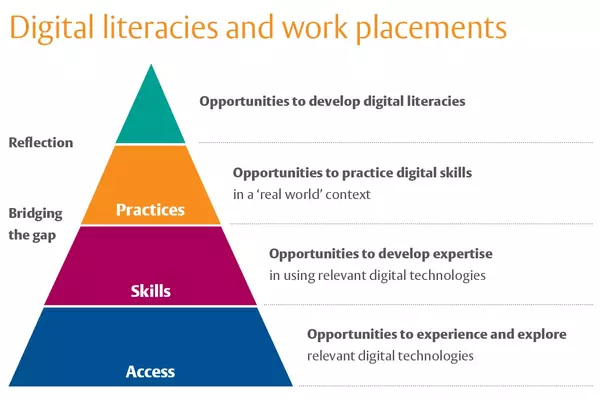In today’s increasingly digital environment, it is essential to assist parents in acquiring digital literacy for both themselves and their kids. A variety of abilities and information linked to using technology wisely and efficiently are included in digital literacy.
According to a recent study from the University of Surrey, parents should be given instruction on how to better grasp the social media environment, which is becoming more volatile and employs complex algorithms. The study focused on parents’ interpretations and use of social media algorithms, which are crucial to their kids’ online experiences.
The study discovered that a child’s age influenced their parent’s perception of a platform’s algorithm. For example, the study found that while parents of toddlers who watched YouTube were concerned, they often saw their concerns as a concern for the future.
Parents engage with so many platforms in the course of their day-to-day parenting. We wanted to see how they make sense of and interact with the algorithms responsible for serving themselves and their children with the content on those platforms.
Professor Ranjana Das
The researchers also discovered that parents’ attitudes toward social media platforms frequently influence how they control their children’s online activities. Even though parents believe their internet data is distinct from that of their children, the study discovered significant overlap due to shared family information and data.
Professor Ranjana Das, lead investigator and Professor of Media and Communication at the University of Surrey, said: “Parents engage with so many platforms in the course of their day-to-day parenting. We wanted to see how they make sense of and interact with the algorithms responsible for serving themselves and their children with the content on those platforms.”
Professor Das interviewed 30 parents who are raising children aged 0 to 18 across England.

According to the study, there are four distinct patterns of how parents understand social media algorithms:
- Misunderstandings: Parents made incorrect assumptions about how algorithms work. One parent, for example, failed to understand YouTube video recommendations for her kid and wrongly linked them to subscriptions.
- Parked understandings: Parents were aware of algorithms but believed their concerns could be postponed until their child was older, referring to it as a “future issue.”
- Transactional understandings: Some parents embraced the effect of algorithms as a normal aspect of modern life. Some parents used child filters but were resigned to algorithms’ role.
- Proactive understandings: Parents acted quickly to handle algorithmic consequences. For example, in the study, a parent carefully monitored YouTube recommendations for his son in order to identify bad information.
Professor Das continued:
“We hope that our findings will assist policymakers in developing strategies to promote better data and digital literacy among adults.” We want to move the emphasis away from parental responsibility. We need to figure out how to help parents, caregivers, and families navigate and manage a data-driven environment.”
The complete study is available in the Journal of Children and Media.





